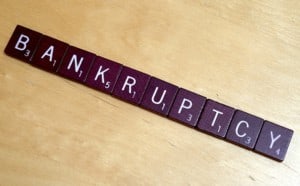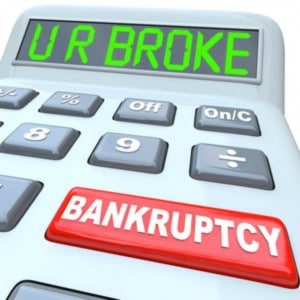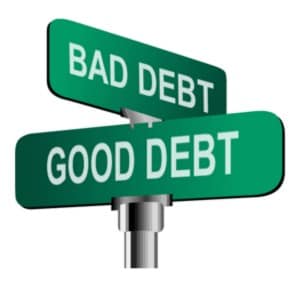 One of the primary reasons why borrowers who are offered bad credit loans online (or in a retail location) must pay such high down payments and high interest rates is because they are considered a high-risk borrower. We’ve been making you aware of the dangers of payday loan companies and bad credit loans online in our previous blogs – Legitimate Companies Don’t Guarantee Loans If You Have Bad Credit Or No Credit, Payday Loans Are Not The Answer To Your Financial Problems and Beware of Payday Loan Companies Targeting you with Mobile Apps!
One of the primary reasons why borrowers who are offered bad credit loans online (or in a retail location) must pay such high down payments and high interest rates is because they are considered a high-risk borrower. We’ve been making you aware of the dangers of payday loan companies and bad credit loans online in our previous blogs – Legitimate Companies Don’t Guarantee Loans If You Have Bad Credit Or No Credit, Payday Loans Are Not The Answer To Your Financial Problems and Beware of Payday Loan Companies Targeting you with Mobile Apps!
Instead of applying for these high-risk and expensive bad credit loans online or in person, it is better to repair and rebuild your credit. Read on, and find how the people who run these online bad credit loan scams who advertise “legit short term loans for bad credit“, “bad credit loans online” or “guaranteed consolidation loan Ontario” attack the already vulnerable. Payday loan operators provide relatively small, short-term loans or payday advances. People tend to borrow $1,500 or less for a maximum of 62 days and the money is advanced in exchange for a post-dated cheque or some other form of pre-authorized payment.
In her article in the Financial Post on April 8, 2014, Melissa Leong interviewed someone who resorted to these bad credit loans online scams:
“The interest kills you, says Lucy, who asked that her name not be disclosed. The 51-year-old Toronto resident receives disability support payments and has gotten payday loans online and in the stores to help her endure unexpected events. She took out a $1,000 payday loan this year to cover cancer medicine and orthodontic work for her son. She had to pay back $1,200.”
Don’t set yourself up for failure using these high cost bad credit loans online or at one of the payday loan locations, your credit score will suffer. The best advice I can offer is to make an appointment to see a professional trustee as soon as possible, before disaster strikes. Before bankruptcy becomes your only option, there are bankruptcy alternatives including credit counselling, debt consolidation, and consumer proposals. Contact us today. We are a licensed trustee and the team at Ira Smith Trustee & Receiver Inc. will work with you to ensure that Starting Over, Starting Now you can regain financial health.









